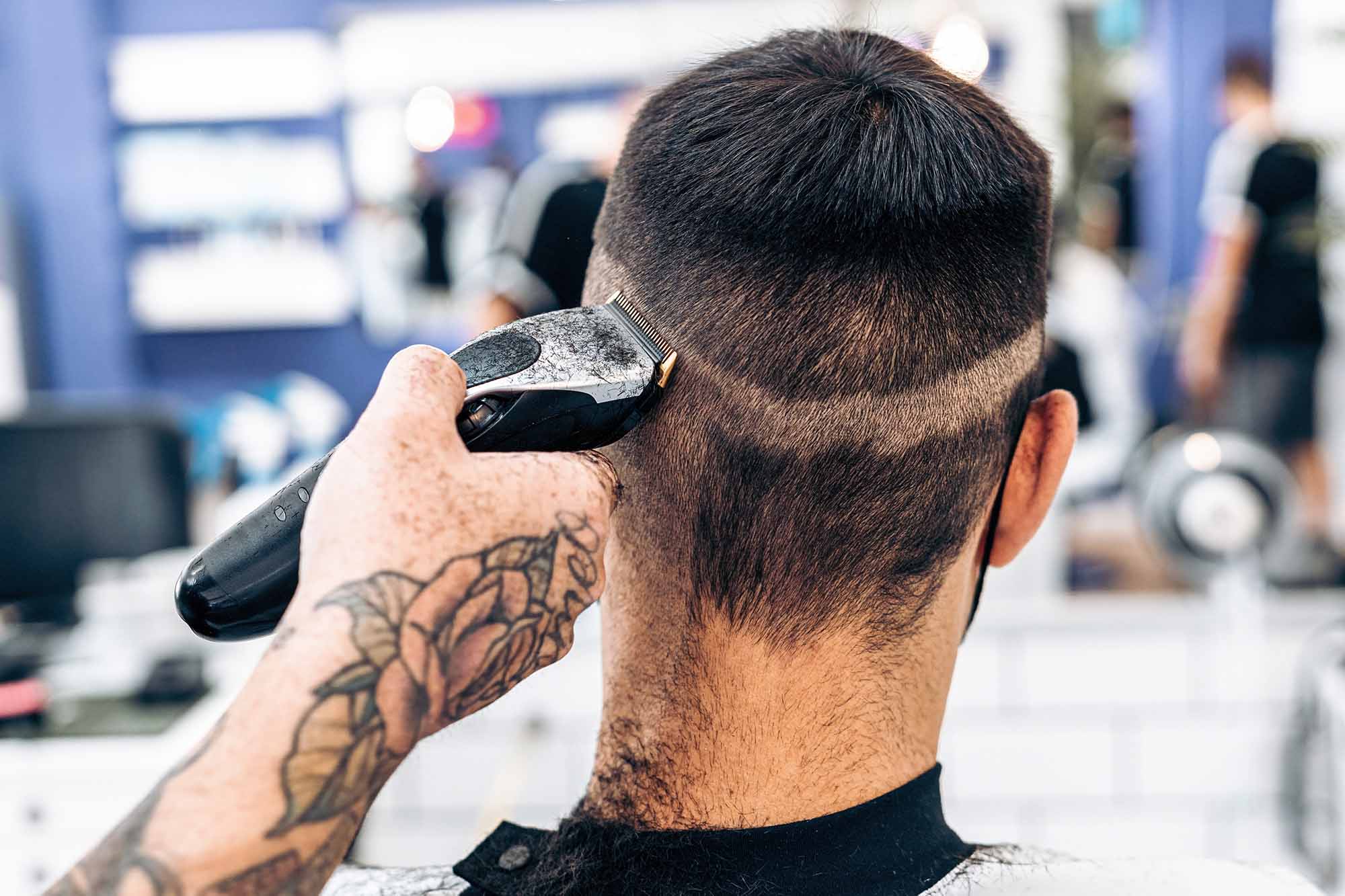In July, Governor Charlie Baker signed the CROWN Act into law, which prohibits discrimination based on natural or protective hairstyles by employers and others.
The act is intended to provide protection to Black individuals that wish to wear hairstyles that are historically associated with their race. The law combats the prejudiced notion that natural and protective hairstyles are unprofessional. Examples of natural and protective hairstyles protected by the Act include, but are not limited to, “braids, locks, twists, Bantu knots, and other formations.”
Massachusetts law protects employees from discrimination based only on the following categories: race, color, religious creed, national origin, sex, gender identity, sexual orientation, genetic information, pregnancy or a condition related to pregnancy (including breastfeeding), ancestry, status as a veteran. The CROWN Act updates the definition of “race” in the Massachusetts General Laws to include “traits historically associated with race, including, but not limited to, hair texture, hair type, hair length, and protective hairstyles.” Massachusetts General Law Chapter 151B, section 4, which prohibits employment discrimination, is one of the statutes that is impacted by this amendment. The Massachusetts Commission Against Discrimination is charged with promulgating regulations on the subject, which are forthcoming. The change in law will make it less difficult for employees who believe they have suffered an adverse employment action due to their hairstyles from establishing the action was based on a protected category.
Individuals should be aware that the Act makes it less challenging for employees to bring a racial discrimination case that involve adverse actions based on hairstyles. Employers should review their policies on dress code and appearance in the workplace, and should train management on the new law.
The language of the Act can be found at https://malegislature.gov/Bills/192/H4554.






